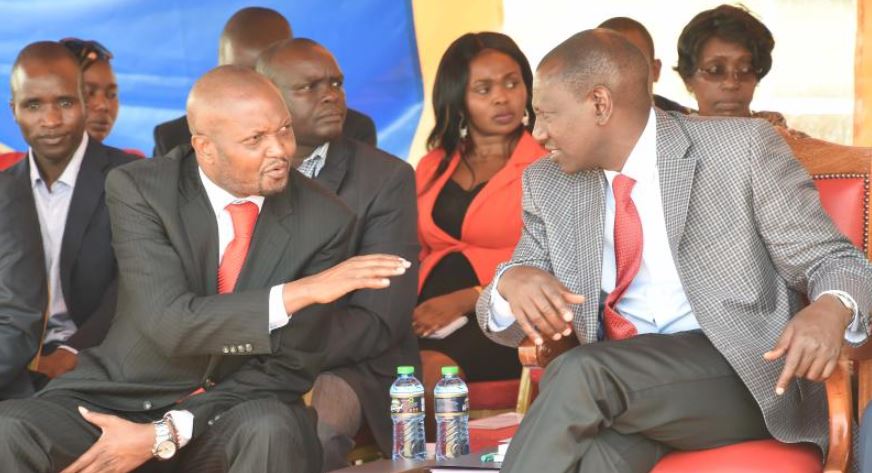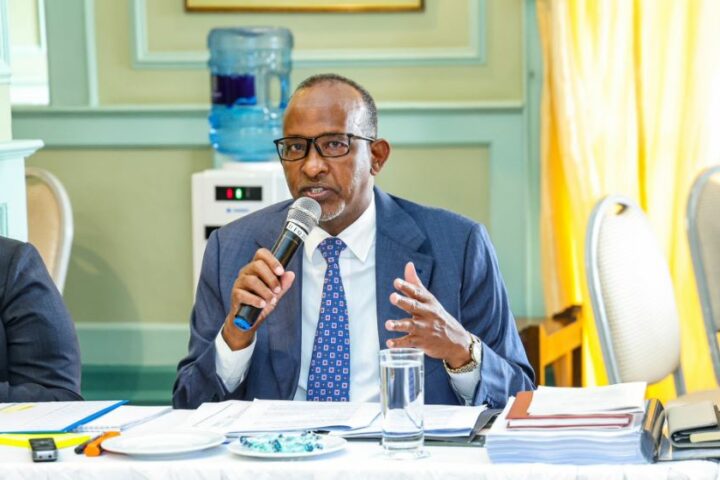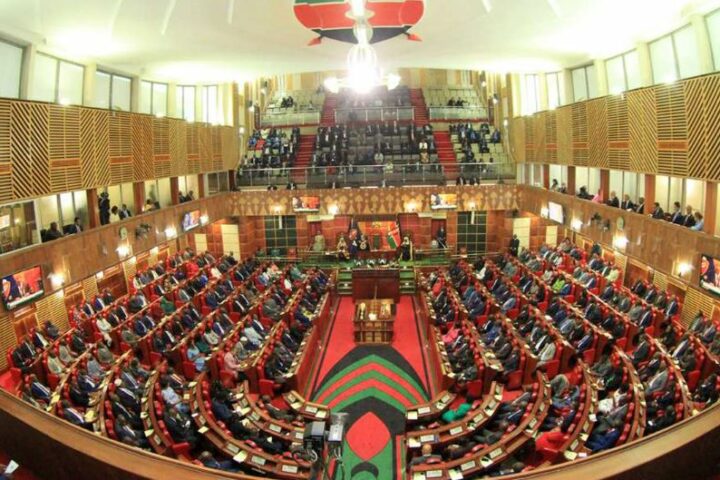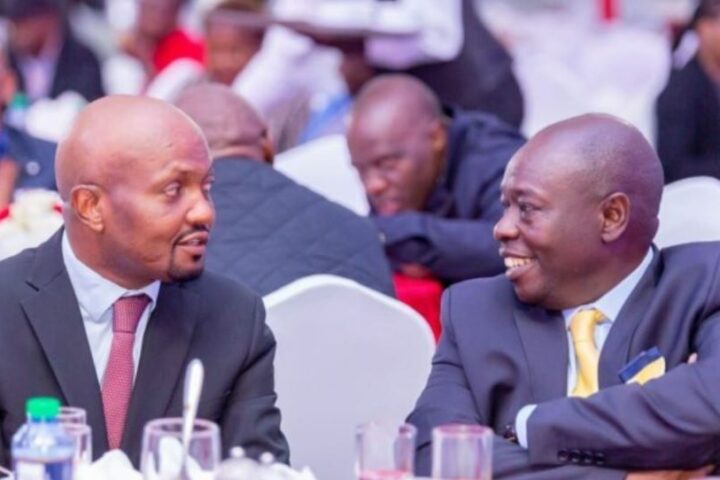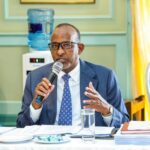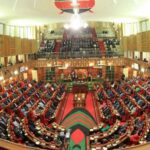 A lawyer has filed a case at the Eldoret High Court seeking to prevent Chief Justice Martha Koome from swearing in any nominated Deputy President if the Senate upholds the impeachment of Deputy President Rigathi Gachagua.
A lawyer has filed a case at the Eldoret High Court seeking to prevent Chief Justice Martha Koome from swearing in any nominated Deputy President if the Senate upholds the impeachment of Deputy President Rigathi Gachagua.
Advocate Morara Omoke, who initiated the petition, challenges Gachagua’s impeachment on several grounds, including irregularities in the collection of MPs’ signatures, insufficient public participation, violations of constitutional provisions, and the exclusion of the Deputy President from essential government functions.
In his court documents, Omoke argued that the events leading up to the impeachment were “deliberately orchestrated,” culminating in the motion filed on October 1, 2024, by Hon. Mutuse Eckomas Mwengi, MP for Kibwezi West Constituency.
He expressed concern that these events posed a significant risk to national unity and could potentially lead to a recurrence of the post-election violence that Kenya experienced in 2007.
Omoke highlighted that the impeachment motion against Deputy President Gachagua lacked thorough consideration and meaningful nationwide public participation prior to the collection of signatures. He stressed that, as an elected official, any effort to remove the Deputy President must be driven by the people and require extensive consultation throughout the country.
Omoke asserted that the signature collection process was flawed, lacking transparency and instances of bribery. He alleged that lawmakers faced threats to halt their constituency projects if they did not support the motion, further undermining the integrity of the process.
In a shocking revelation, Omoke claimed that some signatures in support of the impeachment were forged. He cited Mwala MP Vincent Musyoka’s surprise at finding his name on the list despite not signing it.
Omoke stated in court documents, “The Petitioner avers that the signatures of Hon. Emmanuel Wangwe and Hon. Bernard M. Shinali were forged, as both names and signatures were authored by the same individual, evidenced by the identical handwriting.”
The petitioner further pointed out that the signatures of Hon. Lilian Siyoi and Hon. Paul K. Chebor appeared to have been written by the same person. Additionally, he noted discrepancies involving Hon. Wario Guyo, whose name appeared twice on the list, at No. 121 and 177, but with different signatures.
Emphasizing that the impeachment process seemed predetermined, the advocate mentionedthat On September 23, 2024, National Assembly Deputy Speaker Gladys Boss announced her intention to lead the impeachment effort, indicating that the initiative was planned before the motion was formally introduced.
“Similarly, on September 29, 2024, Speaker of the National Assembly Moses Masika Wetangula publicly took a stance on the impeachment motion while attending a church function at Wamunyu Catholic Church in Machakos County, even before it was tabled for debate,” Omoke stated.
In response to these concerns, Omoke sought conservatory orders to prevent the Chief Justice or anyone acting on her behalf from swearing in any nominated Deputy President should the impeachment motion pass. He requested that the court issue an order restraining the Chief Justice or anyone under her direction, including the Deputy Chief Justice, from swearing in any new Deputy President to replace Gachagua under Article 149(1) of the Constitution of Kenya, 2010, pending the hearing of this Application.
Moreover, Omoke requested that his petition be consolidated with all other petitions related to the Deputy President’s impeachment and designated as the lead file. He asserted, “This Court should certify that the petition raises significant constitutional questions of public importance and refer it to the Chief Justice for the appointment of a bench of at least three judges, pursuant to Article 165(4) of the Constitution of Kenya, 2010. This Petition should undergo a public hearing accessible to all citizens of Kenya.”
As the situation unfolds, the implications of the impeachment motion and the legal challenges it faces will likely resonate throughout Kenya’s political landscape, raising critical questions about governance, accountability, and the role of public participation in democratic processes.
